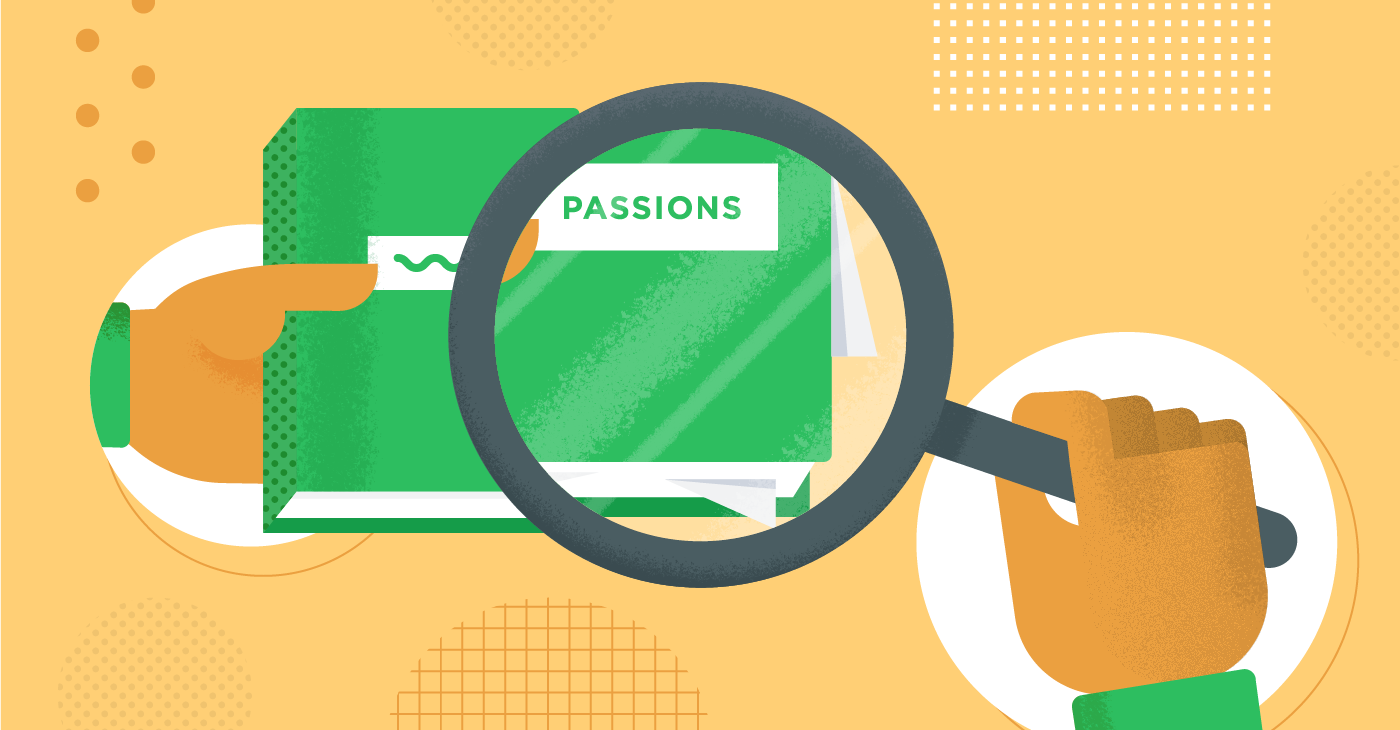First in a Series: How to Identify Donor Passions and Interests

We’ve been getting a lot of questions about the role of passions and interests in major and planned gift fundraising and how to identify and use them. So in the next four blog posts, I’m going to cover:
- Why They’re So Important
- The Driver Behind Passions and Interests
- How to Identify Them
- How to Use Them
Let’s start with Why They’re So Important
Conventional, last-decade thought and practice is that donors are motivated to give because of tax deductions, freemiums (those gifts that come in every conceivable type), reserved seats, free tickets, discounts, special invites, listings and plaques, and any number of superficial activity, invitations, and things that make a donor feel good.
There have been surveys, lectures, and trainings on all of this – even testing in direct marketing – to show this stuff really works. And a lot of fundraisers claim that their success is directly related to giving the donor something in exchange for their donation.
This is so interesting to Jeff and me because, when we look at the donor files of the organizations that rely on these types of gimmicks, we see very high donor attrition – 40-50%. We also see very high donor value attrition (where the same donors give 40-60% less over time).
It seems to us that those facts are telling a completely different story – a story of donor dissatisfaction. If they were happy and fulfilled in their relationship with the non-profit, they would stay and give either the same amount or more.
The fact is that givebacks like this aren’t soul-satisfying. They don’t fill that space in a donor’s heart that longs to make a significant impact on the planet.
You know how it is. A gadget, car, TV set, computer, iPhone, or piece of clothing has caught your eye. You WANT it. You must have it. There’s an urge inside that pushes you to get it. So you do. And it feels good on the front end. Now you have your hands on it, and as time passes, that euphoric feeling begins to dim. The more time goes by, the more you see that your acquisition didn’t bring you as much joy and payoff as you thought.
That’s what happens to a donor who’s the recipient of the stuff you give them in exchange for their gift. That mention in the newsletter, that recognition from the stage, that gift – they all provide the donor that immediate energy and ego bump. It feels good – but it doesn’t last.
Several weeks ago, I was meeting with a very wealthy philanthropist. He’s a kind and generous man – and very smart and emotionally intelligent. I asked him: “Paul (not his real name), you do a lot of giving. And you’re involved with a lot of charities in your hometown and around the world. How is that going for you?”
He said: “Richard, quite honestly, I am non-profited out.” I could tell that all that business as usual wasn’t filling his heart and spirit. If it were, he’d be experiencing joy and fulfillment.
Now let’s talk about the importance of passions and interests in major and planned gift fundraising.
Deep inside the heart and spirit of every human being is a desire to do good and to have significance. (Tweet it!) For some, because of the perils of the journey, that good is buried under darkness and pain, and it will never see the light of day. But it’s there.
That desire to do good and have significance is like DNA or a fingerprint. It’s unique to the individual. It’s been molded, carved, and imprinted into that person through the life experiences they’ve had. That’s why they care about some things and don’t care about others.
Think about this for a moment. What do you deeply care about? Write it down. I know you care. It’s why you have something down on paper right now – or at least in your mind. You do care about specific things. If you had unlimited resources, you know what you would do to address the need around you.
That’s how every donor is wired. So identifying their passions and interests is such an important part of what you’re doing in your relationship with each caseload donor.
Richard






0 Comments